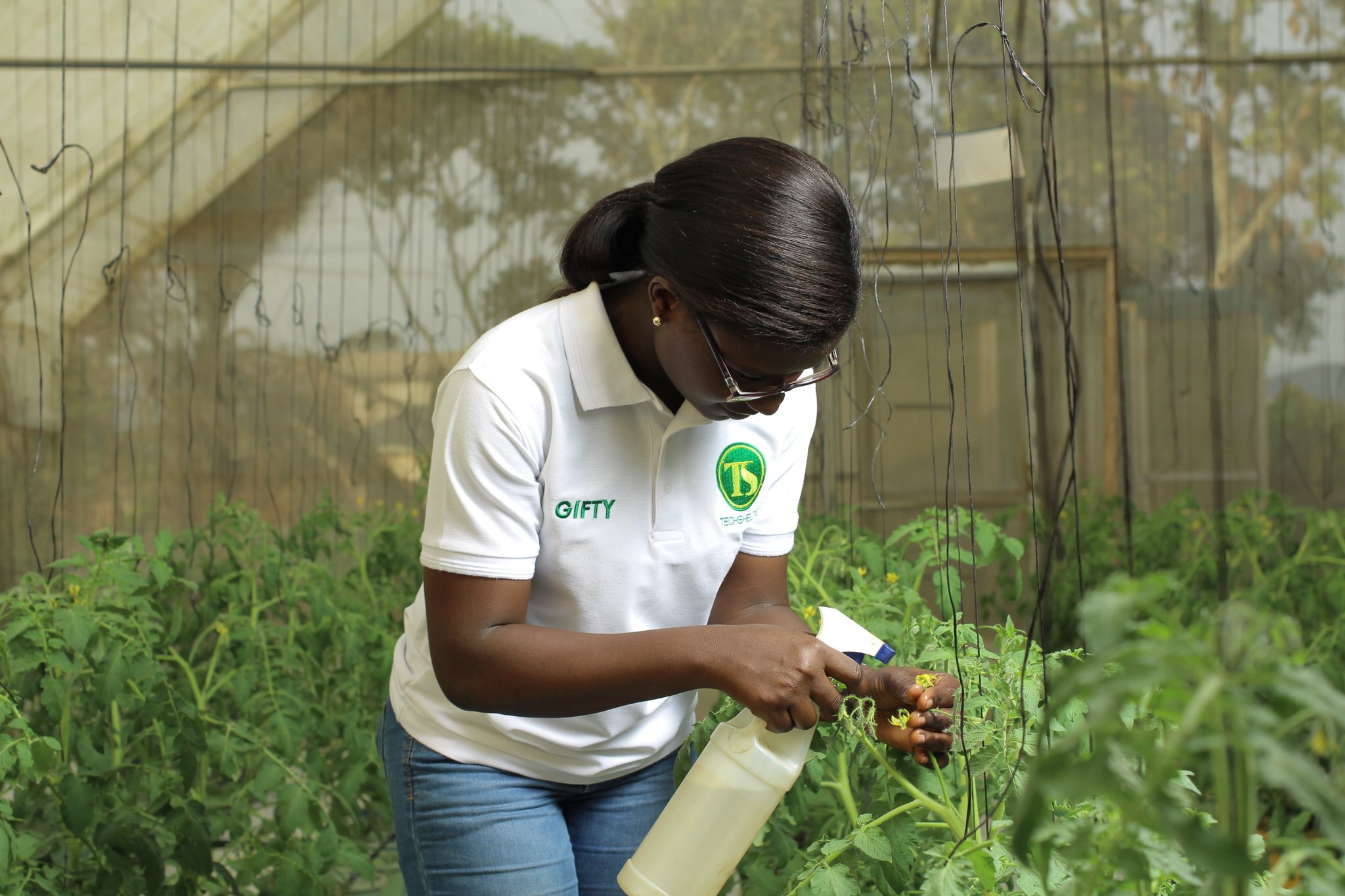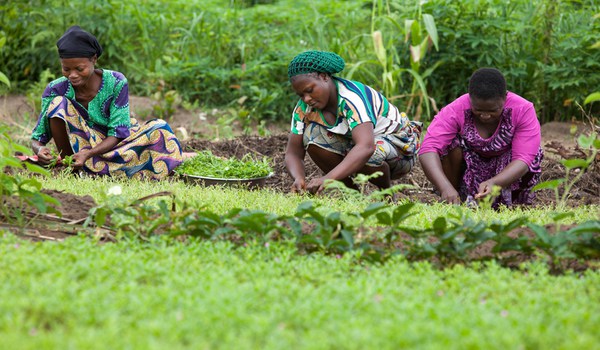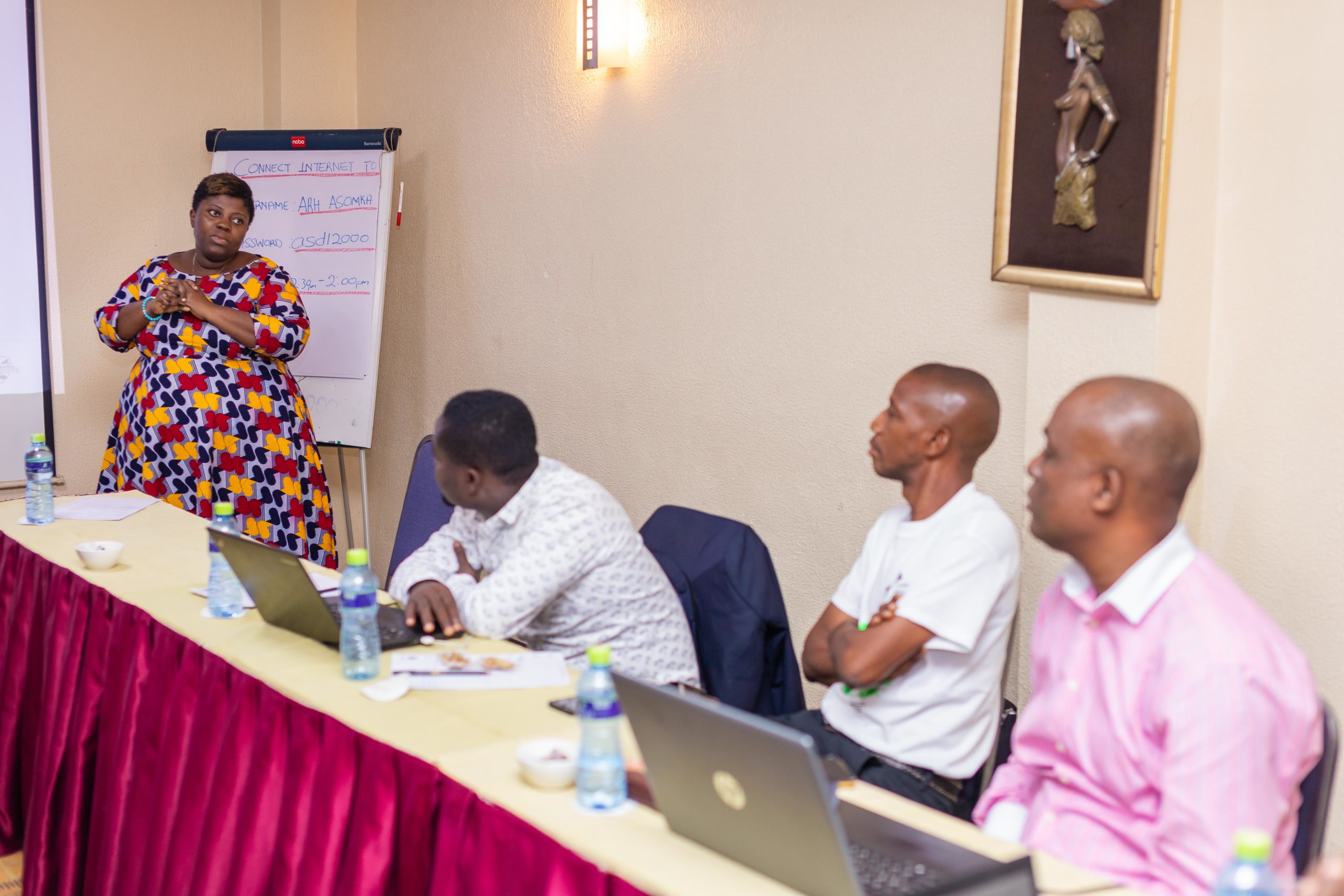The global outbreak of COVID-19 pandemic presents a significant threat not only to human health but also to the business sector. In Ghana, experts project significant revenue shortfalls and an overall dip in Gross Domestic Product (GDP). In fact, the government has indicated that the cumulative effect of the novel coronavirus pandemic will cost Ghana over GHS9 billion. At the micro-level, it is also projected that Small and Medium Scale Enterprises (SMEs) will be the hardest hit. Businesses across the country are feeling the pinch and, in some cases, there has been a complete halt in operations.
Despite these challenges, some businesses are taking a range of actions not just to respond to the crisis but also to prepare to take advantage of the recovery. This article shares the approaches some businesses incubated by the Ghana Climate Innovation Centre have adopted to ensure business continuity:
TechShelta
TechShelta is a service-oriented company that builds a suite of software and hardware for the agribusiness industry in Ghana. Its vision is to maximize the efficiency of greenhouse farming using technological innovations by providing advisory and automation services to greenhouse farmers and providing market linkages for their clients.
 In anticipation of the impact of COVID-19 and impending lockdown announcement by the government, one of the first things TechShelta did was to put in place safety protocols using World Health Organization’s guidelines, implement flexible working hours, and assign specific roles to critical staff to keep essential business systems and processes running. Fortunately, companies in the food value chain were exempted from the partial lockdown and as a result, TechShelta only had to issue identification cards and this allowed key team members of the team to move freely and work effectively.
In anticipation of the impact of COVID-19 and impending lockdown announcement by the government, one of the first things TechShelta did was to put in place safety protocols using World Health Organization’s guidelines, implement flexible working hours, and assign specific roles to critical staff to keep essential business systems and processes running. Fortunately, companies in the food value chain were exempted from the partial lockdown and as a result, TechShelta only had to issue identification cards and this allowed key team members of the team to move freely and work effectively.
Additionally, to ensure the safety of both employees and customers, TechShelta re-adapted their distribution model by focusing largely on bulk deliveries and eliminated all cash payments relying solely on digital payments.
 Alongside their day-to-day business activities, TechShelta is also working on customizing their advisory and automation components which they hope will be completed by May to make them more efficient especially during this crisis period. This would give them remote access to farmers.
Alongside their day-to-day business activities, TechShelta is also working on customizing their advisory and automation components which they hope will be completed by May to make them more efficient especially during this crisis period. This would give them remote access to farmers.
Furthermore, the business regularly consults with experts, the Ghana Climate Innovation Centre, and other key stakeholders in their ecosystem for guidance, and is exploring the opportunity to increase their revenue by increasing sales, marketing, and branding.
And although the company has had to defer a few projects they intended to deploy before the COVID-19 pandemic struck, they have managed to adapt well by leveraging the situation to their business advantage and they have built capacity over the period to navigate the rising business issues.
In every crisis, there are a few that take advantage of the times to rise, and TechShelta is a perfect example.
Farminista Africa Limited
Farminista Africa Limited specialises in empowering women smallholder farmers by providing them with resources and climate-smart agricultural training to promote food security in Africa.

Speaking to its founder, Debbie Ajei-Godson, she shared the company’s business resilience strategy framework, which serves as Farminista’s guide to working in all crises situations as experienced with COVID-19 and is built taking into consideration the factors of
- the threat to the health of staff and suppliers
- drop in company finances
- restricted movement and
- access to the company’s infrastructure.
The framework of Farminista considers three (3) key factors: Crisis Preparedness, Business Continuity and Crisis Recovery.
Crisis Preparedness – This refers to the constant identification of threats within and out of your control. Debbie mentions that the threats include industry threats, climate threats, health threats, resource threats, market threats and policy threats that are being posed by the pandemic and she suggests the following steps to ensure preparedness
- Do a thorough business impact analysis of each threat and put down your mitigations.
- Map all your key business processes to its owners – staff, suppliers, machinery et cetera.
- Create what-if scenarios for all key processes and identify possible outcomes. Discuss with your team and stakeholders and work towards possible solutions.
Business Continuity – To ensure business continuity, Debbie and the Farminista team propose the following pointers:

